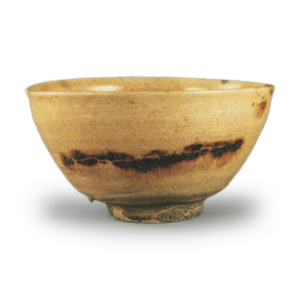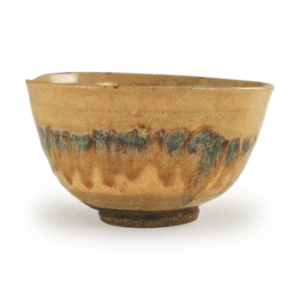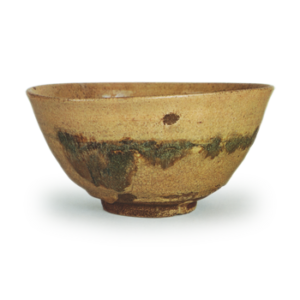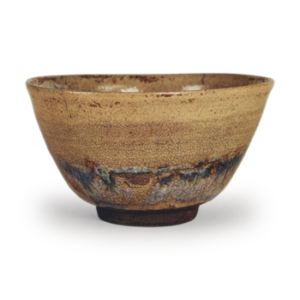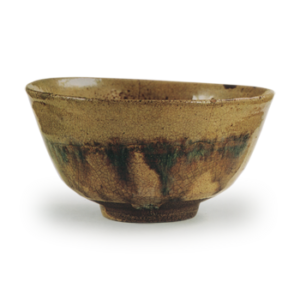Tenka-ichi, meaning “peerless under heaven,” is an honorary title given to artisans with special skills. This title originated in the middle of the Muromachi period (1336-1573), but as the years went by, some people began to call themselves “tenka-ichi” without reason, and the title eventually lost its value. Nobunaga Tada, who was particularly devoted to craftsmanship, wrote, “It is important in any art to be the best in the world, but there must be a consensus among the various masters in the capital to make it so. There is only one “Tenka-ichi” (the best in the world), and that should be the first one, and two should not be an obscenity,” as seen in the “Nobunaga Ki”.
Toyotomi Hideyoshi also took an interest in craftsmanship and particularly encouraged it, selecting one master craftsman and bestowing upon him the title of “Tenka-ichi” (the best under heaven). He selected a master craftsman and awarded him the title of “the best in the country,” and the craftsman inscribed the title on his product as an honor above all others. Pottery master Raku Kichizaemon Tsunekei, earthenware master Nishimura Sojiro (also known as Soshiro), and others received this honor. Even during the Tokugawa period, potters were still allowed to use this title, but the practice of abusing the title again became a problem, and in 1682, potters were forbidden to use the title Tenka-ichi. In “Gan-yoroku,” it is written, “Furuta Oribe planted flowers and bamboos, built teahouses, and called his work the best in the country, and he always used 100 gold tablets to make a single item. Gan-yoroku” was written by a Korean who returned to Japan after being captured during the Japanese invasion of Korea during the Bunroku period (1592-1568).
